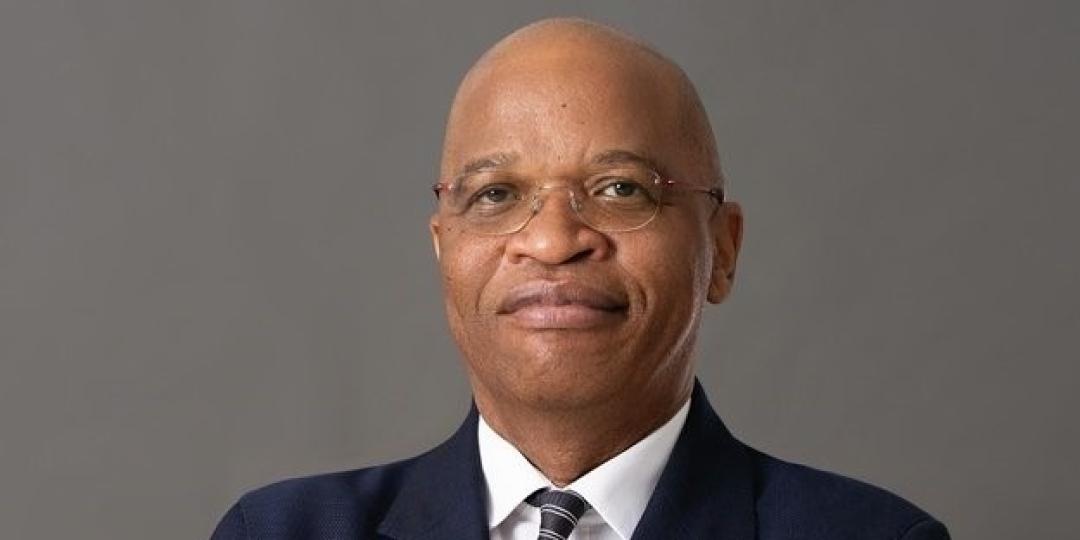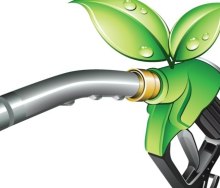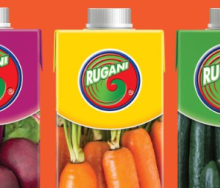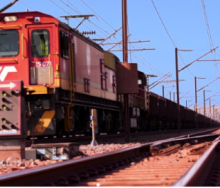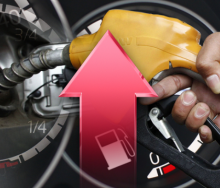South African Airways intends to open routes from Johannesburg to Lubumbashi and Dar es Salaam in November, according to a statement issued on September 10.
The airline also reports steady, sustainable growth three years after returning to the skies.
Interim CEO, Professor John Lamola, said that between August 2022 and August 2024 the airline’s fleet had grown to 16 aircraft (from six at the restart) flying 15 routes (from the initial six) and reported 400% growth in passenger revenue during that period.
“To date, we have reopened 11 outstations, including Mauritius, Perth in Australia, and São Paulo in Brazil. Post-Covid, our employment offering has expanded from 500 to around 1 200 staff, including 140 pilots,” said Lamola.
Sustainable growth
The statement says the carrier has experienced steady revenue growth since restarting operations in September 2021, albeit from a low base as the aviation industry was emerging from the Covid-19 pandemic.
The carrier says for the 2022/23 financial year, based on a fleet of six aircraft and six routes, revenue grew by 96% to R5.6 billion from R2bn in the previous year. But the airline has not yet published its official 2022/23 financial results, owing to what it describes as a disagreement with the Auditor General on the treatment of revenue from expired air tickets, as reported by Travel News. The airline emphasised in August that the publishing of the audit of the 2023/24 year would not be delayed beyond October 2024. SAA now says the external audit of the 2022/23 financial results is completed and closed, and the audit of the year ending March 2024 is currently under way. It also says all indications point to a net profit for the year 2024.
For the 2023/24 financial year, airline revenue increased by a further 49% to R7.3bn, owing to fleet capacity reaching 13 aircraft.
Constraints
Constraints on the global supply of aircraft resulting from the pandemic and production problems at the two major aircraft manufacturers continue to negatively affect SAA’s financial performance.
This means the delivery of three aircraft that were expected during the last calendar year is still delayed. SAA says that, as a result of this, it will again utilise aircraft wet-leased from Sun Express (Lufthansa- and Turkish Airlines-owned airline) during the coming December peak season.
Move to Transport Ministry
Last month President Cyril Ramaphosa assigned shareholder responsibility for SAA to the national department of transport and minister Barbara Creecy.
Lamola said the airline’s leadership had already met with the minister to provide a full debrief on the state of the airline and its plans for the medium and long term.
Strategic equity partner
He said SAA was currently executing a business plan that allowed the airline to thrive from revenues generated from its operations.
Whether there would be another strategic equity partnership was tied to SAA’s future growth plans and remained the prerogative of the shareholder, said Lamola, adding that the airline would require capital investment and would investigate financing options to fund further expansion and the elevation of its customer service.
“Over the last three years, SAA has managed to cultivate a positive reputation with both international and South African financial institutions, hence the success in rebuilding our aircraft fleet. We are building on this favourable creditworthiness to strengthen the company’s balance sheet.
“Supported by the Board, we have identified a range of assets that can be leveraged to unlock funding options. SAA has a portfolio of real estate that was recently valued at R5.5 billion. We also have a surplus of aircraft stock that we are converting into cash,” said Lamola.
Source: Travel News
